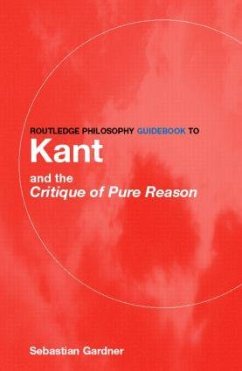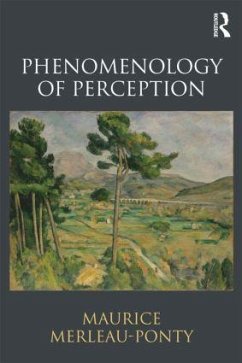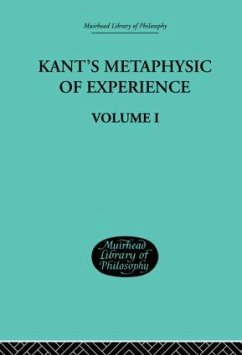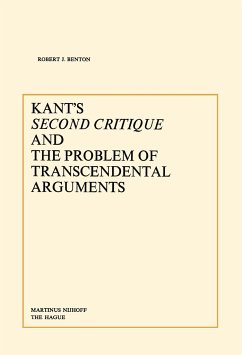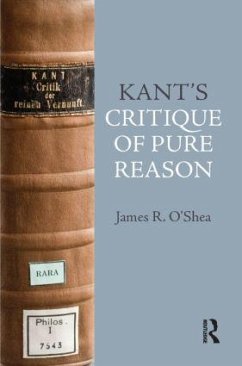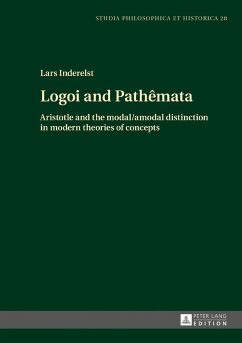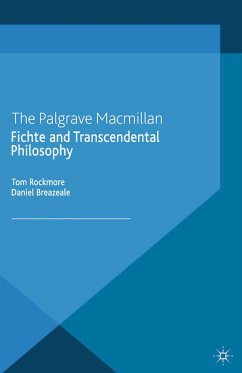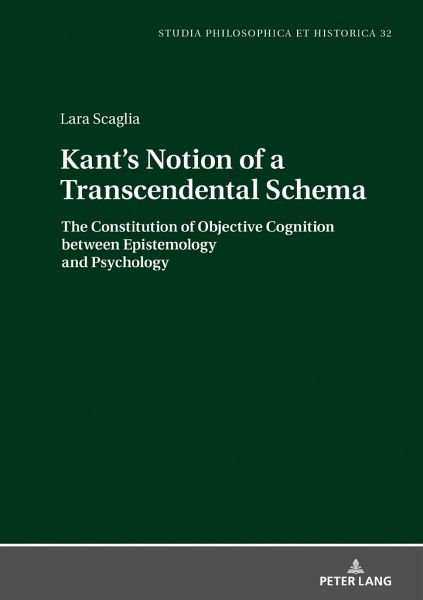
Kant's Notion of a Transcendental Schema
The Constitution of Objective Cognition between Epistemology and Psychology
Herausgegeben: Kann, Christoph
Versandkostenfrei!
Versandfertig in 6-10 Tagen
71,30 €
inkl. MwSt.

PAYBACK Punkte
0 °P sammeln!
The main aim of this book is to provide a critical and historical inquiry into Kant's schematism chapter contained in the Critique of Pure Reason. More specifically, the book argues that Kant's schematism chapter is a necessary step within the project of the Critique. It deals with a problem of its own, one which is not the object of the previous chapters: How can categories be applied to intuitions? The author shows that the term 'schema' has an interesting and long tradition of different philosophical uses that finds in the works of Kant a point of no-return. In the philosophical works writt...
The main aim of this book is to provide a critical and historical inquiry into Kant's schematism chapter contained in the Critique of Pure Reason. More specifically, the book argues that Kant's schematism chapter is a necessary step within the project of the Critique. It deals with a problem of its own, one which is not the object of the previous chapters: How can categories be applied to intuitions? The author shows that the term 'schema' has an interesting and long tradition of different philosophical uses that finds in the works of Kant a point of no-return. In the philosophical works written before Kant, the notion of schema did not have a specific and distinctive meaning and function of its own but was rather used in different contexts (from rhetoric to logic to psychology). After Kant, all philosophers who speak of schemata refer in one way or another back to Kant's distinctive notion, which possesses a specific, epistemic meaning. Moreover, this book aims to provide a contribution to the understanding of the relation between philosophy and the sciences. It is by means of demonstrating the importance of the schematism chapter not only within the Critique but also from a broader perspective, deriving from the fact that Kant's doctrine of schemata had an impressive influence not only on philosophers but also on psychologists.






